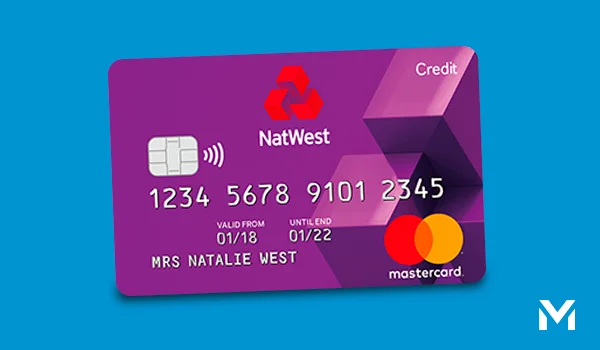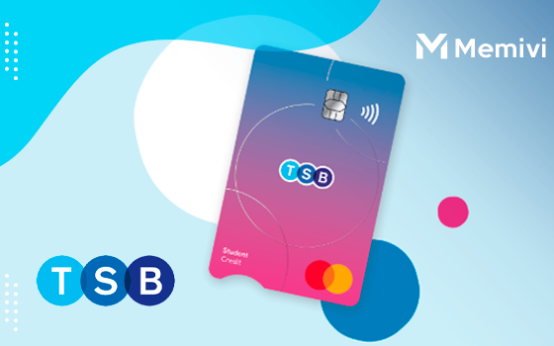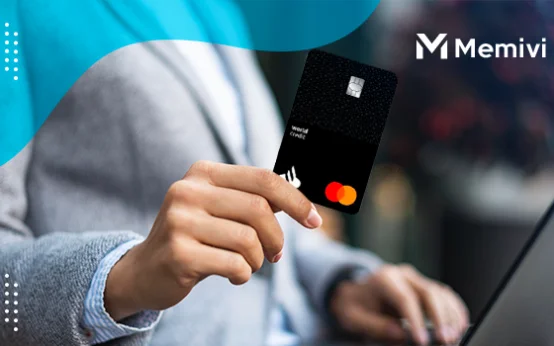
Practical Guide to Using the NatWest Balance Transfer Card
The NatWest Balance Transfer is designed to help you manage existing credit card debts efficiently. To make the most of this card:
- Initiate balance transfers within the first 3 months of account opening to benefit from the 0% interest offer.
- Transfer balances from non-NatWest Group cards only; transfers from other NatWest Group cards are not permitted.
- Ensure each transfer is at least £100, and the total transferred does not exceed 95% of your available credit limit.
- Avoid new purchases on the card after the initial 3-month 0% purchase interest period to prevent accruing interest.
By adhering to these guidelines, you can effectively consolidate your debts and reduce interest payments.
Frequently Asked Questions (FAQs)
1. Is it possible to transfer balances from more than one card?
Yes, you’re allowed to move balances from several credit cards that aren’t part of the NatWest Group. Each individual transfer must be at least £100, and altogether, the total must stay within 95% of your available credit limit.
2. What happens if I miss a payment?
Missing a payment may result in the loss of your 0% interest promotional rate and could negatively impact your credit score. It’s crucial to make at least the minimum payment on time each month.
3. Can I use the card for purchases after the 0% purchase interest period?
Yes, but any purchases made after the initial 3-month 0% interest period will accrue interest at the standard variable rate of 24.9% APR.
4. Is there a fee for balance transfers?
No, the NatWest Balance Transfer Credit Card does not charge a fee for balance transfers made within the first 3 months of account opening.
5. How much time does it usually take to complete a balance transfer?
In general, balance transfers are completed within a few business days. To avoid any late charges, it’s best to keep paying your existing card until the transfer is officially confirmed.
6. Can I increase my credit limit?
Credit limit increases are subject to NatWest’s credit assessment policies. You can request an increase through your online banking account or by contacting customer service.
7. What is the minimum income requirement?
Applicants must have a minimum annual income of £10,000 to be eligible for the NatWest Balance Transfer Credit Card.
8. Can I transfer a balance from a loan or overdraft?
No, balance transfers are only permitted from credit cards or store cards, not from loans or overdrafts.
9. Will applying for this card affect my credit score?
Applying for the card will result in a hard credit check, which may temporarily affect your credit score. However, responsible use of the card can improve your credit over time.
10. How can I check my eligibility without affecting my credit score?
NatWest offers an eligibility checker that allows you to see your chances of approval without impacting your credit score.
Tips and Hacks for Maximising Benefits

- Set up direct debits for at least the minimum payment to avoid missing due dates.
- Avoid new purchases on the card after the initial 0% purchase interest period to prevent accruing interest.
- Monitor your balance transfer period and aim to pay off the transferred balance before the 0% interest period ends.
- Use the card’s online tools to track your spending and manage your repayments effectively.
- Consider setting up alerts to notify you when payments are due or when you’re approaching your credit limit.
Maximising Value
To extract the most value from the NatWest Balance Transfer Credit Card:
- Focus on paying off transferred balances within the 0% interest period to avoid interest charges.
- Avoid using the card for new purchases after the initial 3-month 0% purchase interest period.
- Regularly review your spending and adjust your budget to ensure timely repayments.
- Utilise NatWest’s online banking features to stay informed about your account status and manage your finances effectively.
Alternatives and Complementary Solutions
If the NatWest Balance Transfer Credit Card doesn’t fully meet your needs, consider the following alternatives:
- NatWest Longer Balance Transfer Card: Offers up to 31 months of 0% interest on balance transfers with a 3.49% transfer fee.
- NatWest Purchase & Balance Transfer Card: Provides 0% interest on purchases for up to 20 months and on balance transfers for up to 18 months, with a 2.99% transfer fee.
- Barclaycard Platinum Balance Transfer Card: Offers up to 18 months of 0% interest on balance transfers with a 2.75% transfer fee.
- Santander Everyday Balance Transfer Credit Card: Provides up to 21 months of 0% interest on balance transfers with a 3% transfer fee.
Each of these cards has its own features and benefits, so it’s essential to compare them based on your specific financial situation and goals.
Conclusion and Recommendation
The NatWest Balance Transfer Credit Card is a valuable tool for individuals seeking to consolidate their credit card debts without incurring additional fees. With up to 12 months of 0% interest on balance transfers and no transfer fee, it offers a cost-effective solution for managing existing debts.
However, to maximise its benefits, it’s crucial to:
- Initiate balance transfers promptly within the first 3 months of account opening.
- Avoid new purchases on the card after the initial 0% purchase interest period.
- Make timely payments to maintain the promotional interest rates and protect your credit score.
By adhering to these practices, you can effectively reduce your debt burden and take control of your financial future.



 Understanding Your Credit Score: The UK Guide to Building Good Credit <p class='sec-title' style='line-height: normal; font-weight: normal;font-size: 16px !important; text-align: left;margin-top: 8px;margin-bottom: 0px !important;'> Understanding your credit score is essential for financial health </p>
Understanding Your Credit Score: The UK Guide to Building Good Credit <p class='sec-title' style='line-height: normal; font-weight: normal;font-size: 16px !important; text-align: left;margin-top: 8px;margin-bottom: 0px !important;'> Understanding your credit score is essential for financial health </p>  Mastering the TSB Student Credit Card – A 2025 Student’s Guide <p class='sec-title' style='line-height: normal; font-weight: normal;font-size: 16px !important; text-align: left;margin-top: 8px;margin-bottom: 0px !important;'> Beyond the Basics: Getting the Most Out of Your TSB Student Credit Card </p>
Mastering the TSB Student Credit Card – A 2025 Student’s Guide <p class='sec-title' style='line-height: normal; font-weight: normal;font-size: 16px !important; text-align: left;margin-top: 8px;margin-bottom: 0px !important;'> Beyond the Basics: Getting the Most Out of Your TSB Student Credit Card </p>  Advanced Guide: Mastering the Santander All in One Credit Card in the UK <p class='sec-title' style='line-height: normal; font-weight: normal;font-size: 16px !important; text-align: left;margin-top: 8px;margin-bottom: 0px !important;'> Unlocking Everyday Value: A Smarter Way to Spend in the UK </p>
Advanced Guide: Mastering the Santander All in One Credit Card in the UK <p class='sec-title' style='line-height: normal; font-weight: normal;font-size: 16px !important; text-align: left;margin-top: 8px;margin-bottom: 0px !important;'> Unlocking Everyday Value: A Smarter Way to Spend in the UK </p>